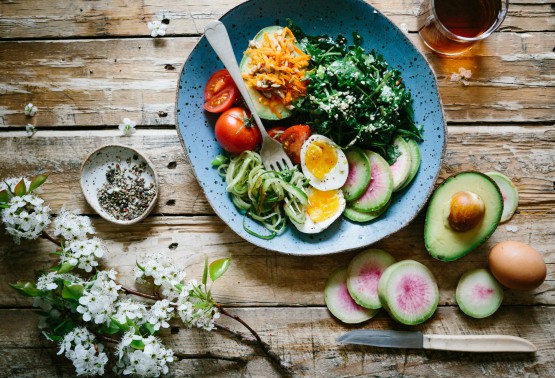Managing threats to your sobriety
There can be many obstacles in maintaining treatment and recovery goals. Some long-standing obstacles in recovery are referred to as “triggers”, those physical and emotional cues that can leave addicts with the desire to use. Although these cues do not force someone in recovery to use, it greatly increases the likelihood of relapse. Triggers can materialize differently in a variety of ways per the individual involving a range of situations, environments, emotions, and people. No matter how a trigger is generated, as with any aspect of recovery, it helps to expect them and have a plan of action for when they occur. It’s additionally helpful to understand the factors at work that result in triggers.
Types of Triggers
Through research and science The National Institute of Drug Abuse (NIDA) has identified the 3 most common causes of triggers
- Social – hanging out with people you used to drink or use drugs with including an ex-girlfriend or boyfriend.
- Emotional – Moods, emotions, stress, exhaustion, have a tremendous impact on relapse. The more intense the feelings of sadness, anger or even happiness are the more likely the cause of substance use.
- Environmental – this can be anything from driving past locations of past drug use, attending a party or event where alcohol is present, or seeing a prescription bottle.
Triggers can materialize differently in a variety of ways per the individual involving a range of situations, environments, emotions, and people
Ways to manage triggers and avoid relapse

- Identify your personal triggers.
Everyone is different and not all recovering addicts triggers will be alike. Some common cues may involve the end of a long work week, boredom or having an argument with a loved one. You can become clear about your triggers by identifying the cues that could lead to use. A helpful tool for this can be found here.
- Know what you’re working with.
It would be foolish to think triggers will never happen to you. Cravings are a real part of recovery. Know your triggers, be aware that surprises may happen and have a plan for when you feel triggered.
- Practice makes permanent.
What will you DO when you feel like using again? Role playing your plan with someone or even in the mirror will help you prepare for a trigger event. The goal is to avoid a temporary lapse or a full relapse into alcohol or substance use.
- Take care of you.
Working through triggers aren’t just about being on top of your emotions. Having a healthy diet, getting enough rest and physical activity are all beneficial in helping ensure you handle yourself in the midst of a craving. It’s also important not to isolate yourself. Being with people who understand and share your goal of recovery can increase the chance of reaching out to someone when you need support in dealing with a trigger.
- DO NOT test yourself.
There’s no reason to test the strength of your recovery by putting yourself in a situation that you know is a trigger. Even if you avoid a craving by putting yourself in such a situation the seed has been planted. Another trigger you haven’t yet identified could occur and the combination can lead to a drink or other substance use.
Knowing your cues and triggers to alcohol and/or substance use can positively impact recovery and ward off relapse yet the process of recovery is never linear. If overcoming a trigger proves unsuccessful make sure to reach out for help. Call your sponsor or a close friend or family member. Take yourself to the closest treatment center or hospital or clinic. Recovery is still possible

